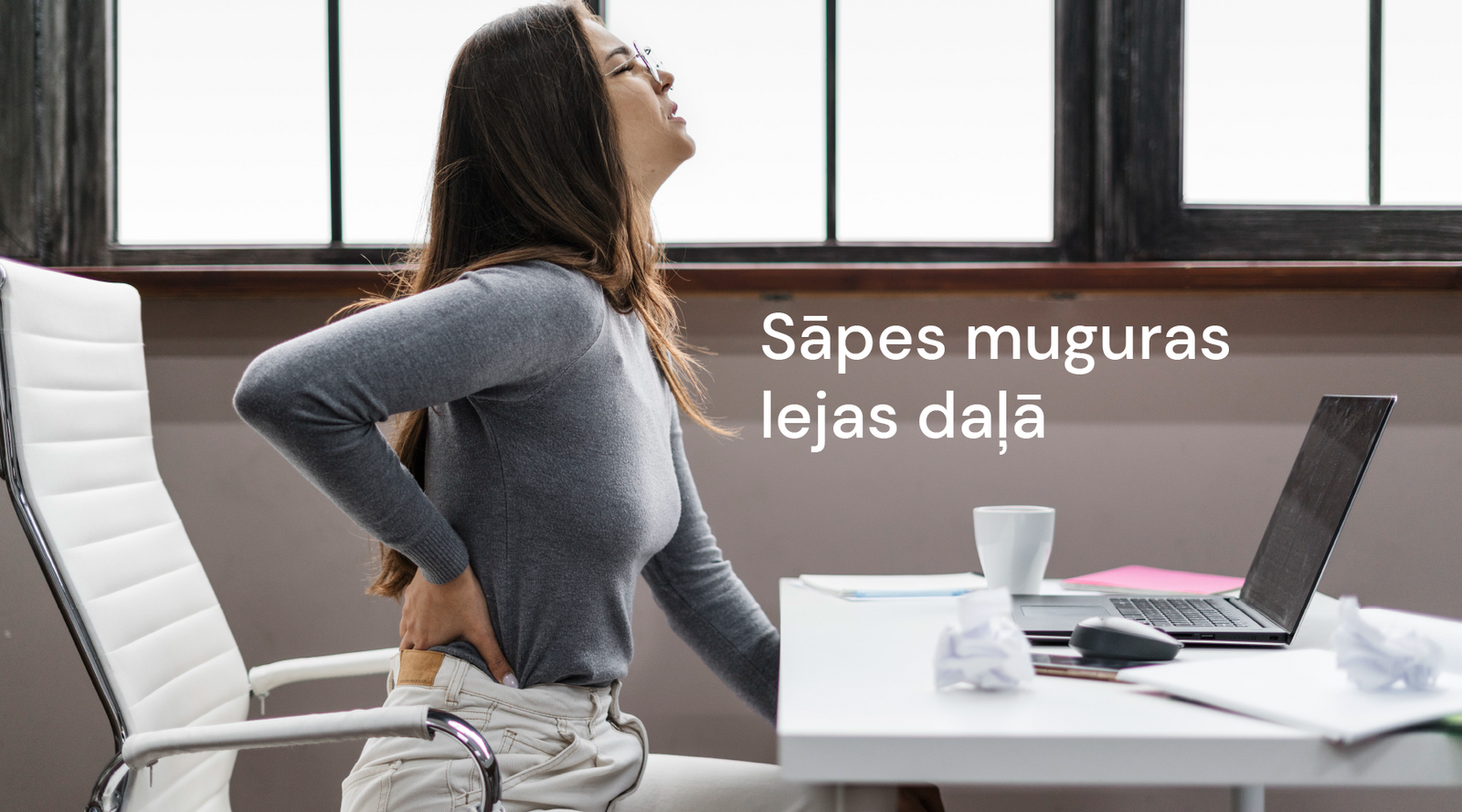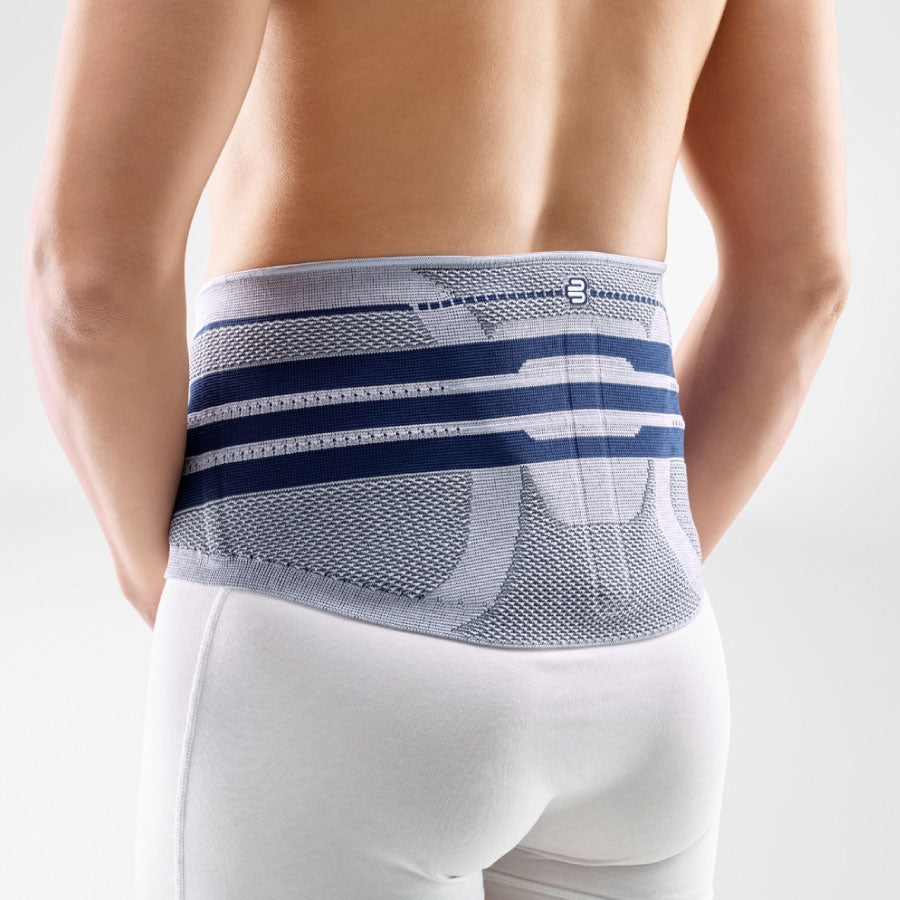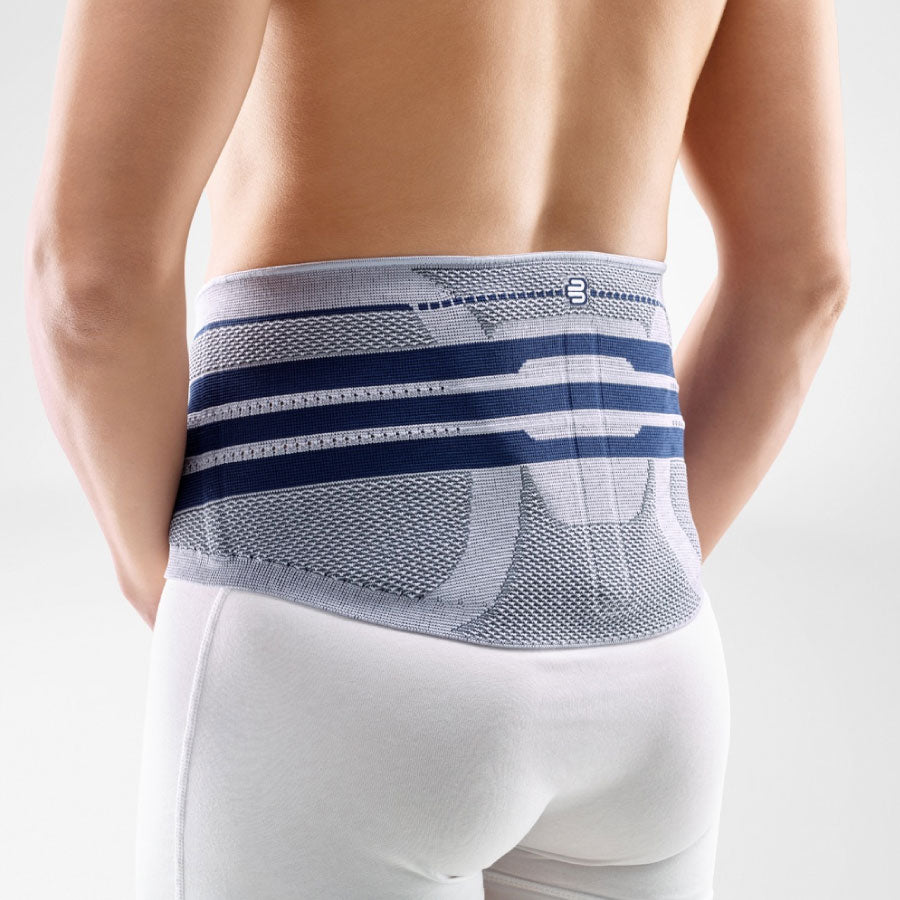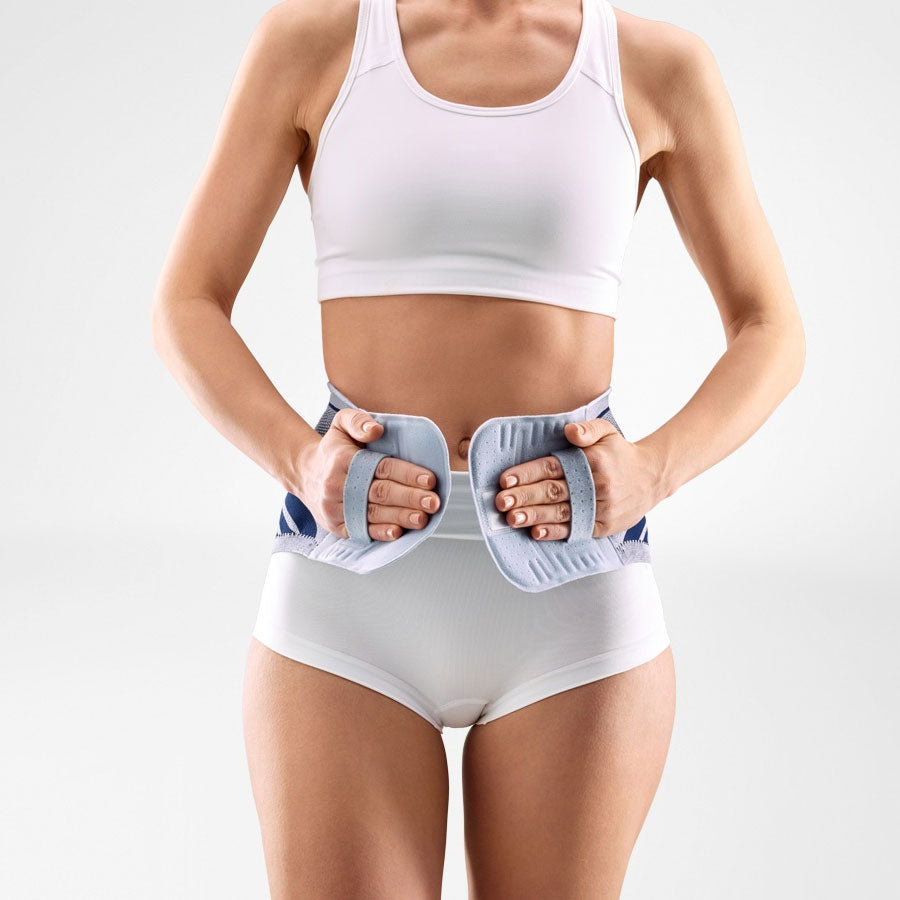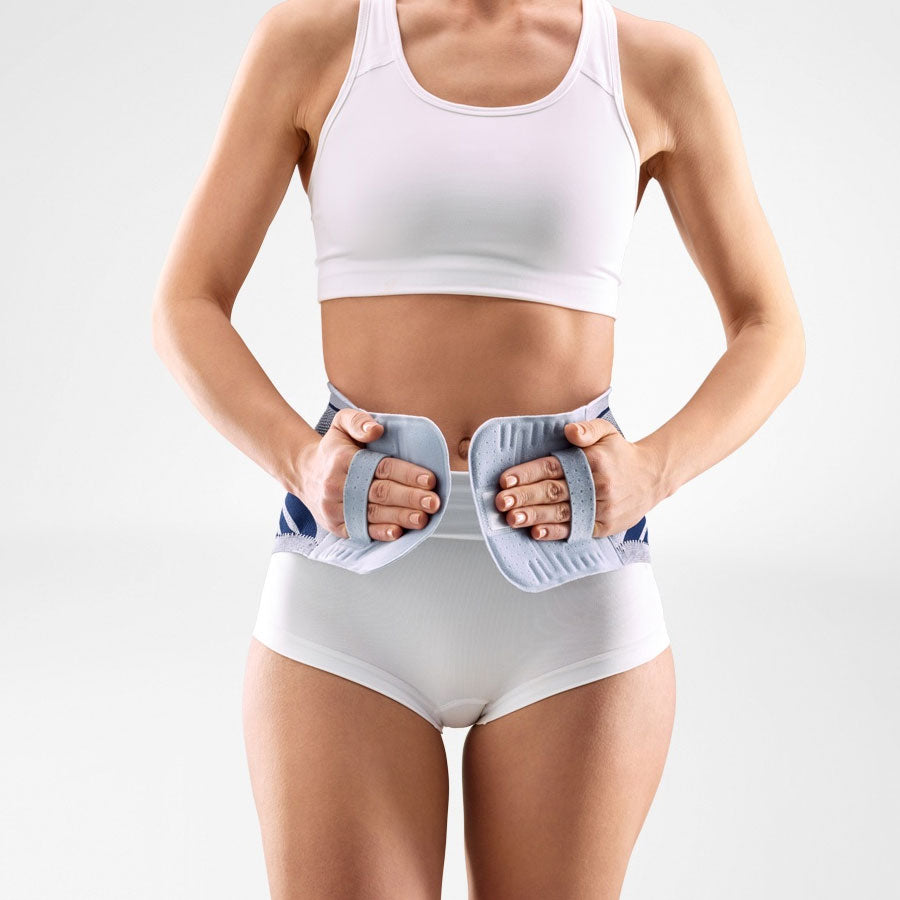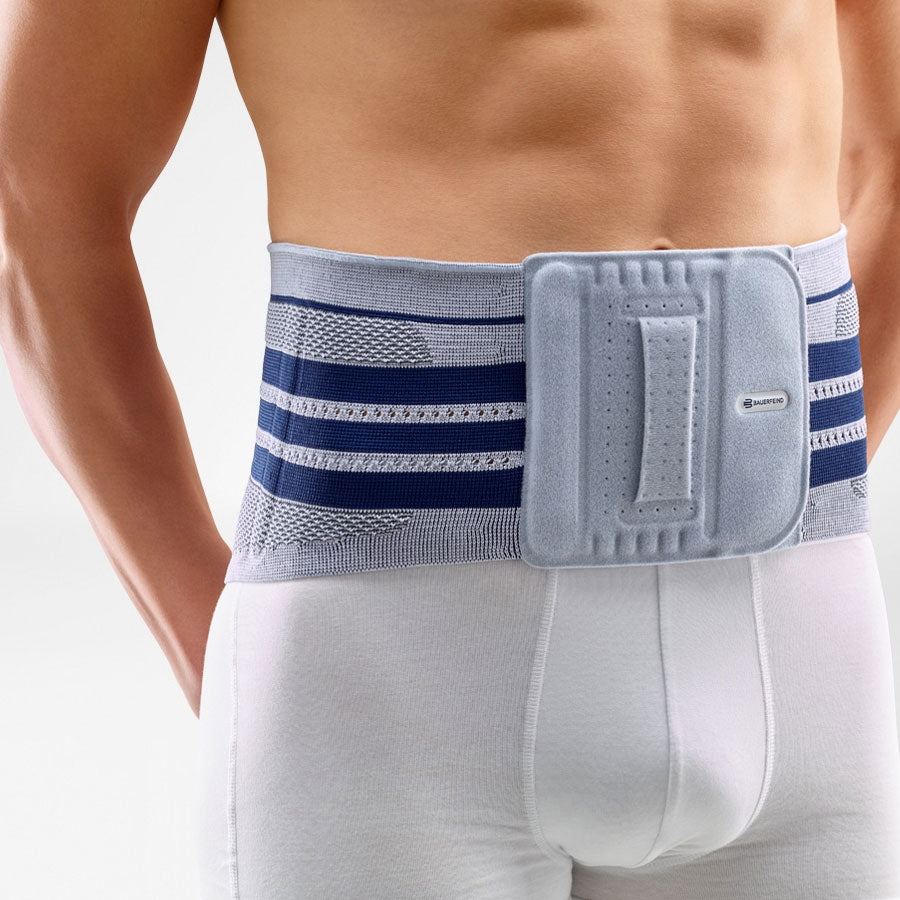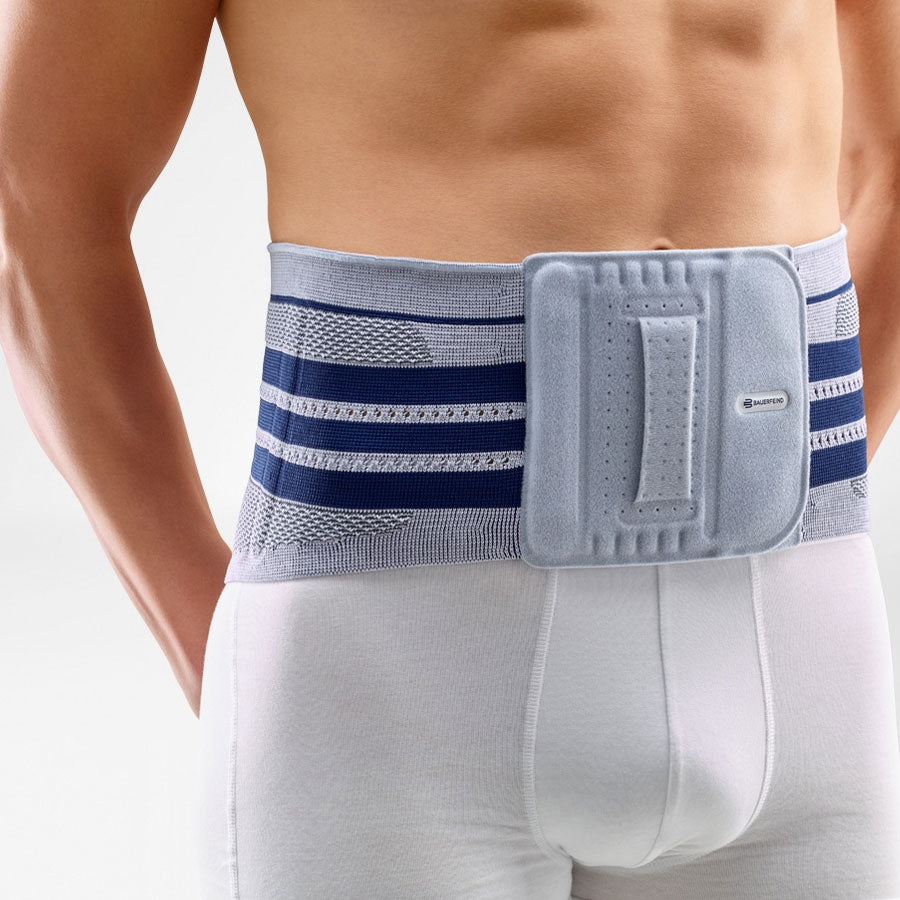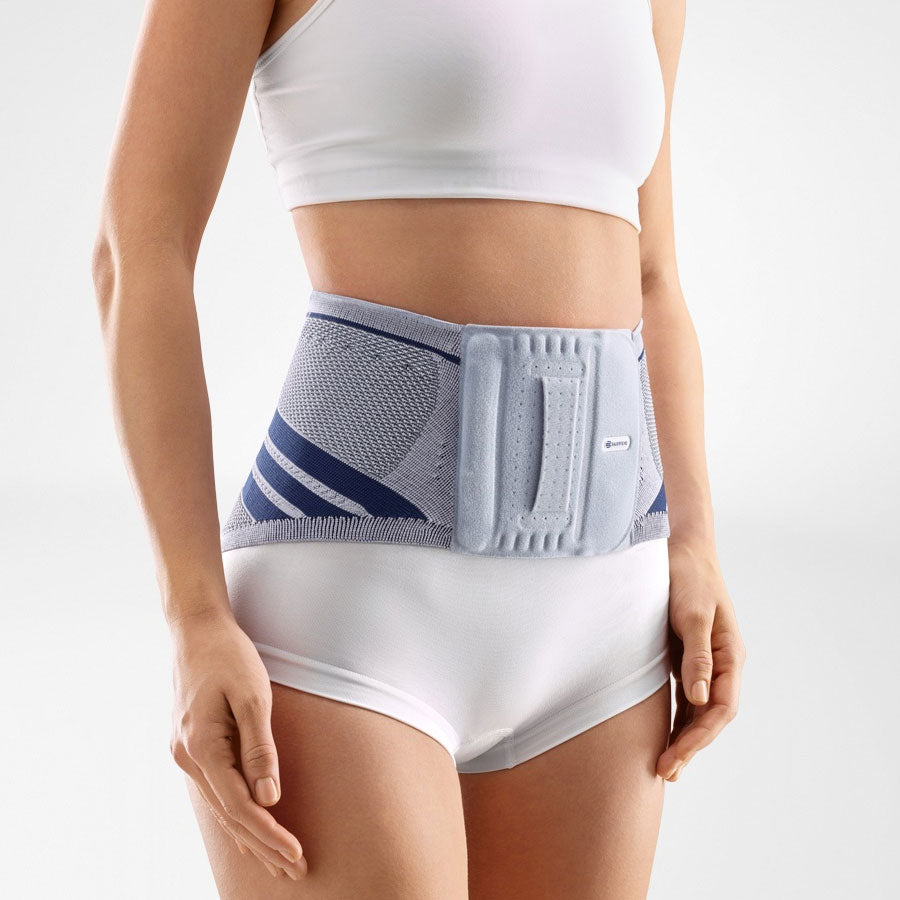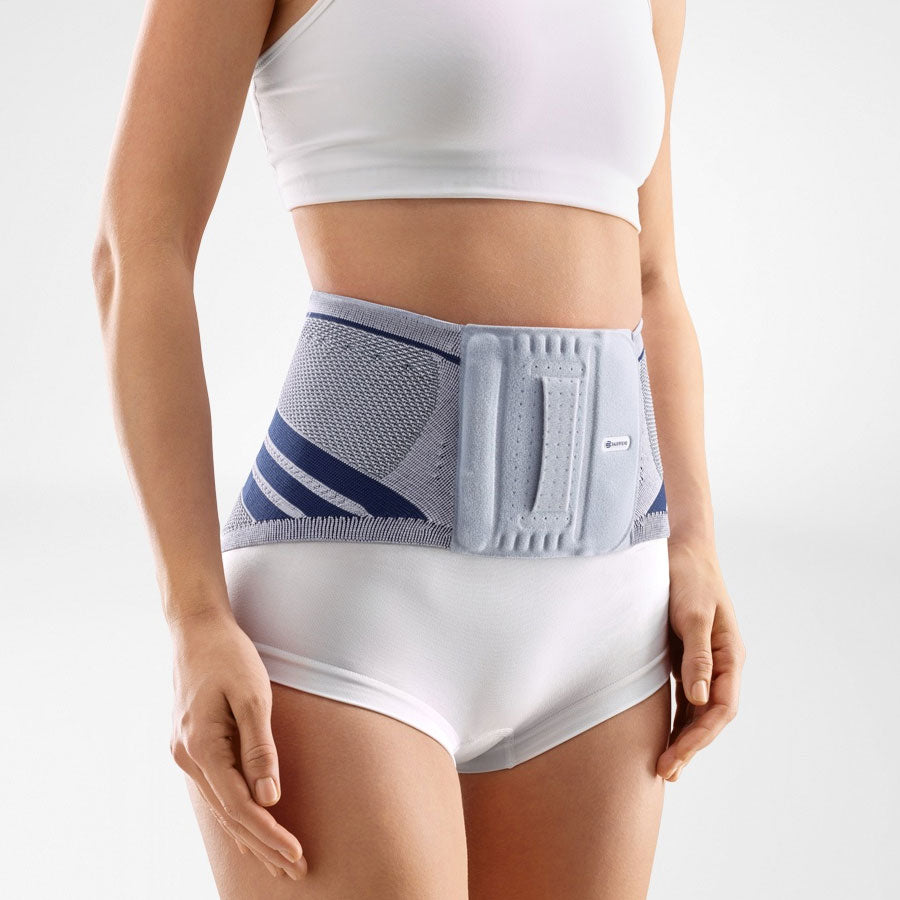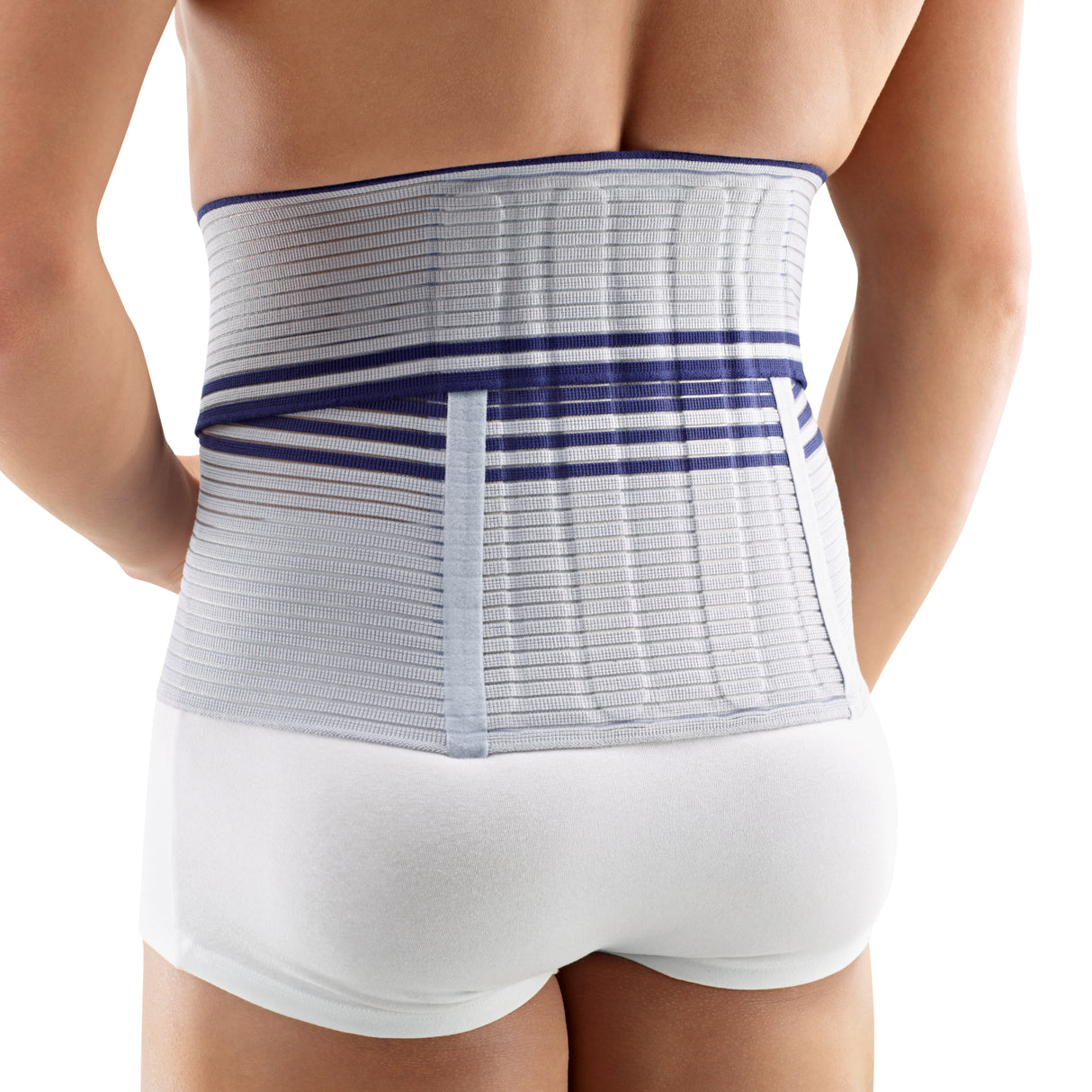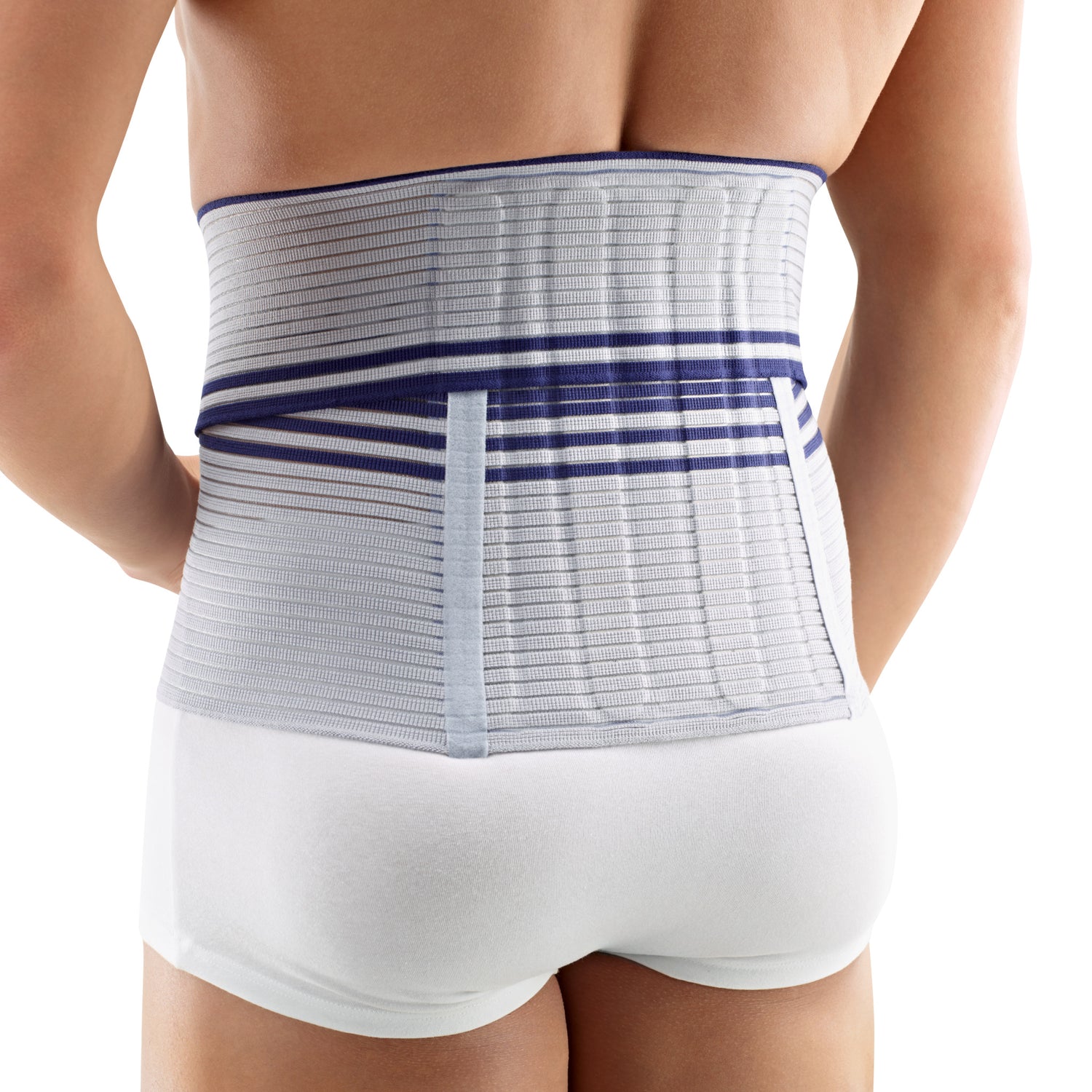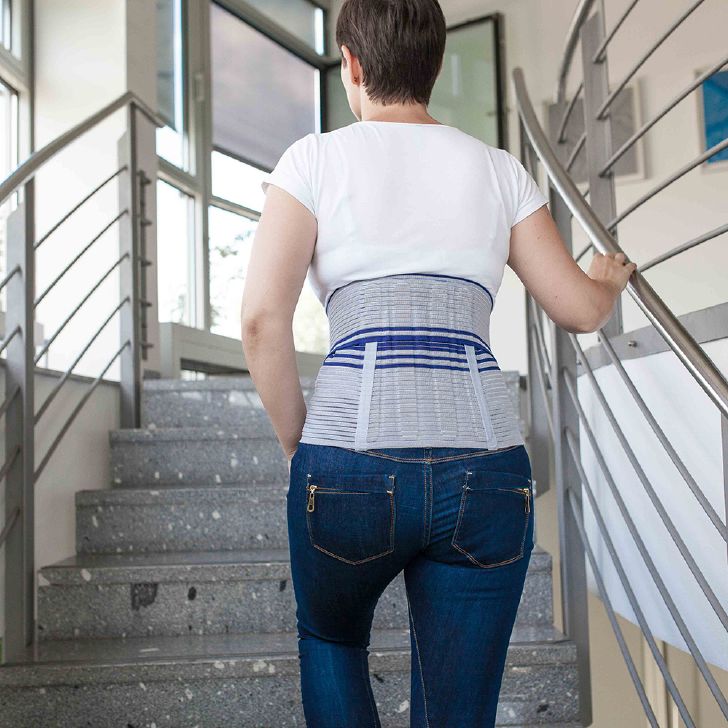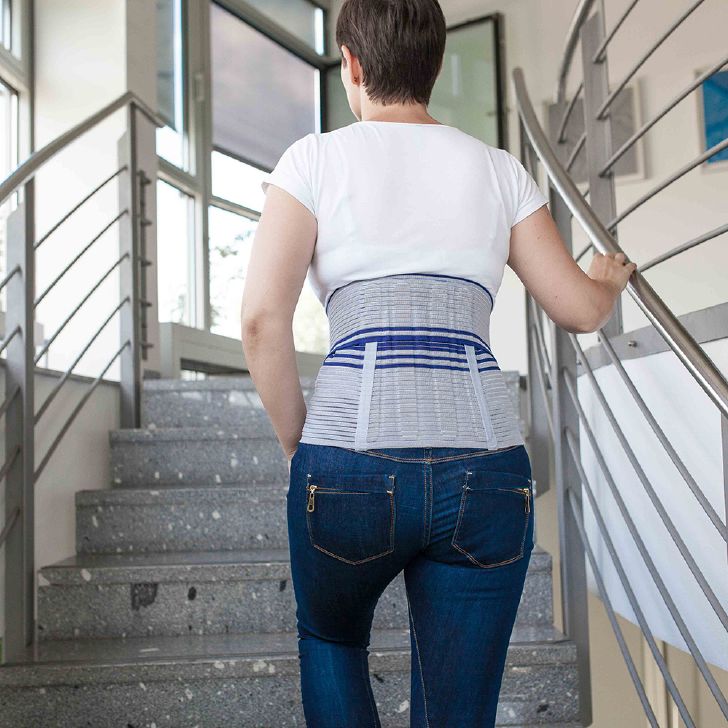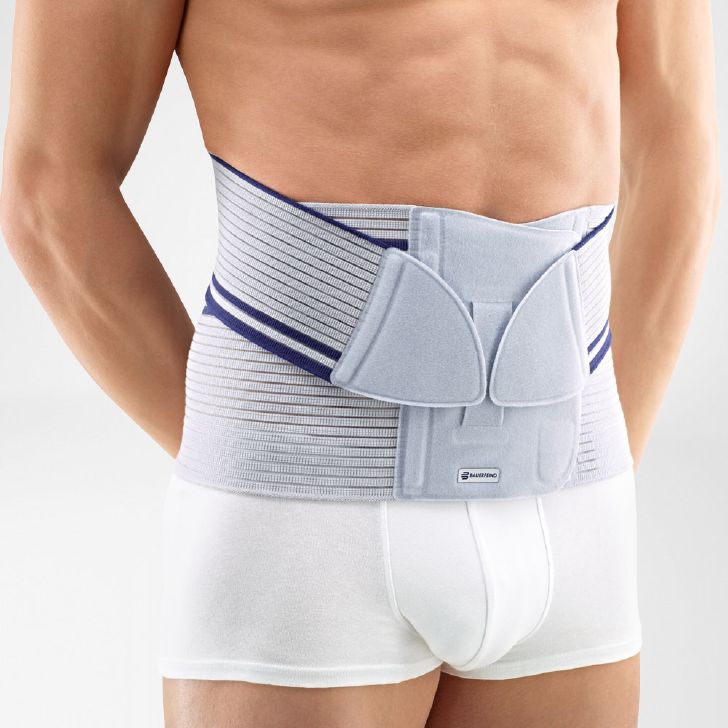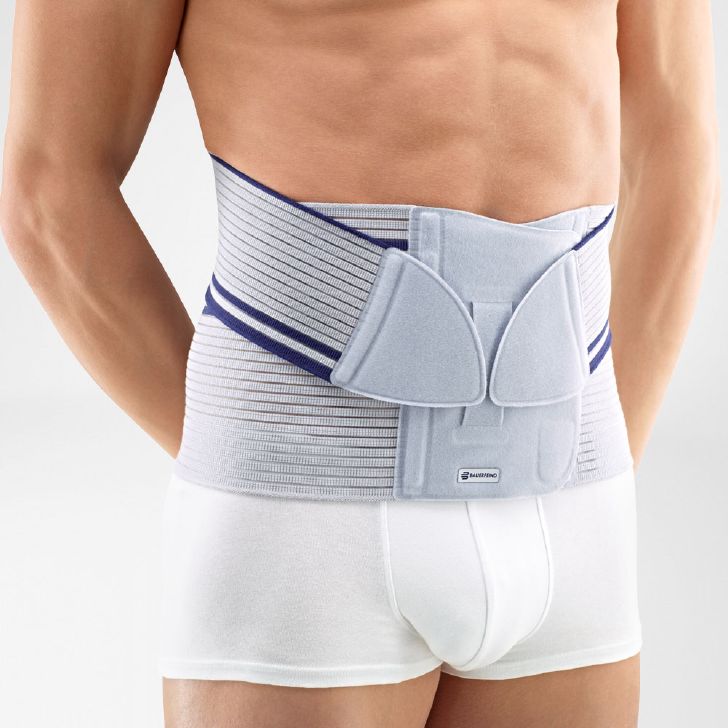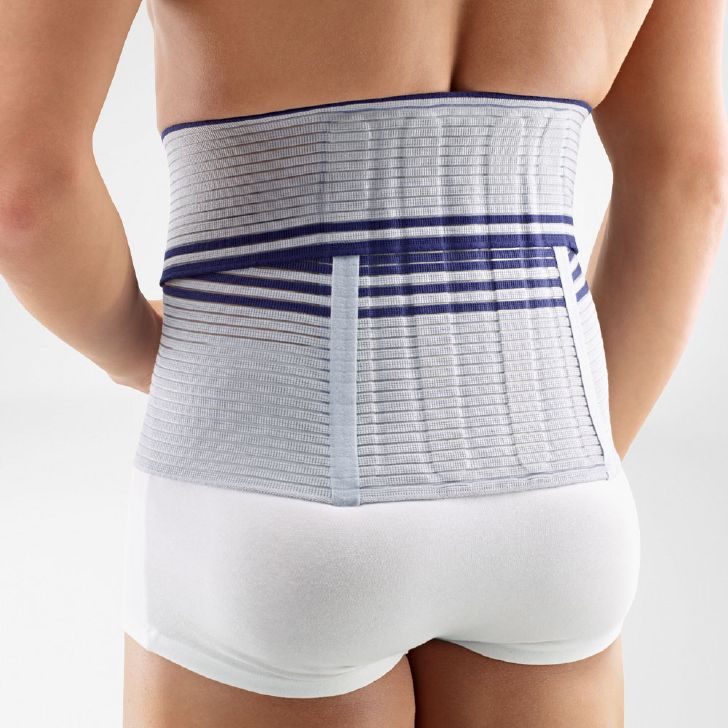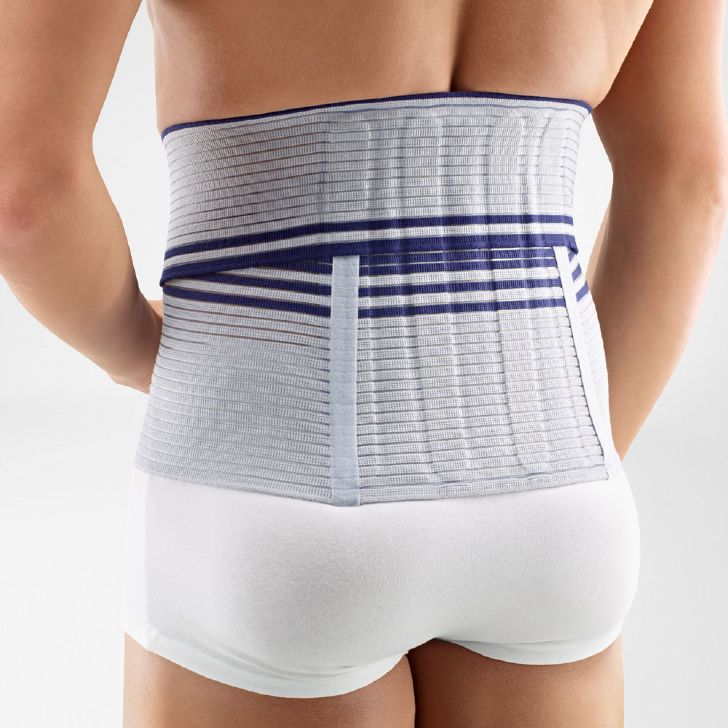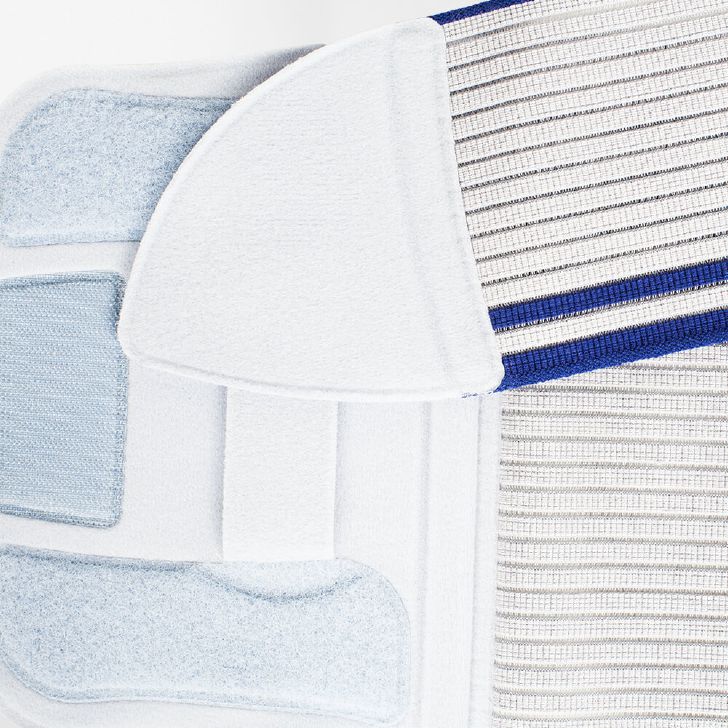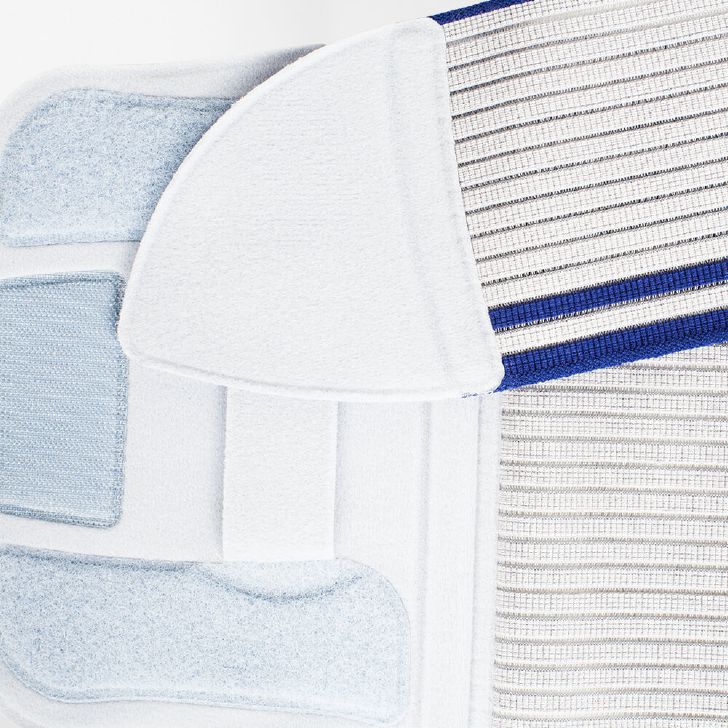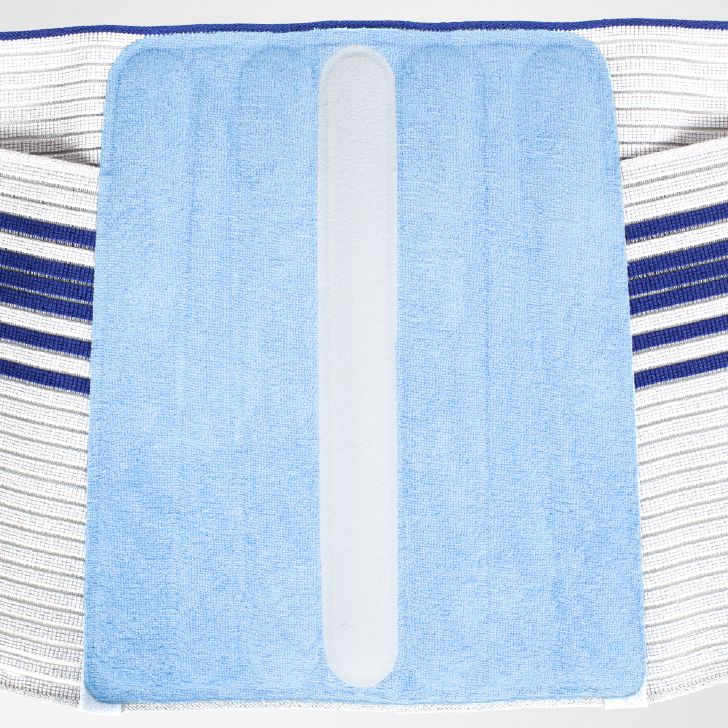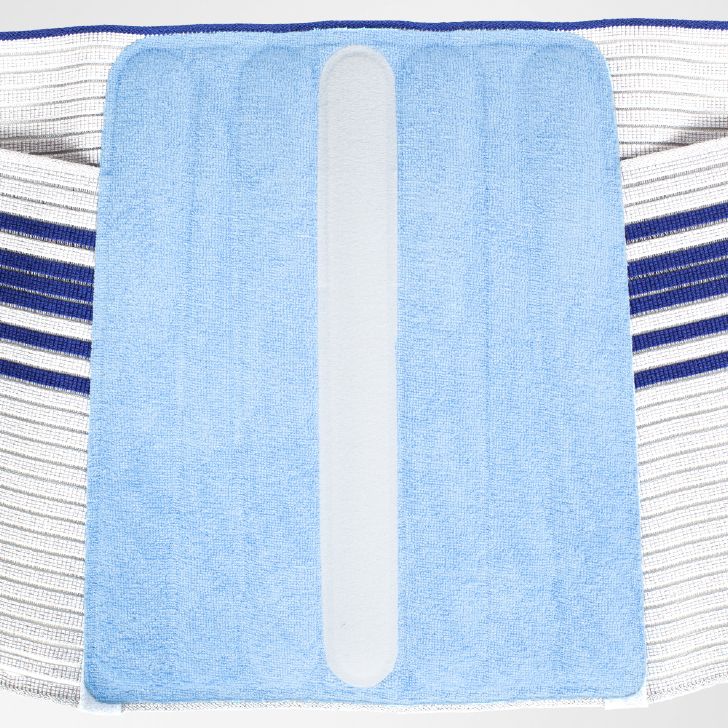Lower back pain is a fairly common complaint that can be due to a variety of causes. 
Some of the most common reasons are:
- Muscle tension and overload: Excessive physical activity, poor posture while sitting or standing, and insufficient physical activity can cause muscle tension and lower back pain.
- Disc problems: Changes in the intervertebral discs, such as herniation or degeneration, can cause pain that radiates to the legs.
- Inflammation of the collateral ligaments: These ligaments stabilize the spine, and their inflammation can cause lower back pain.
- Neurological disorders: Sometimes lower back pain can be related to irritation or inflammation of the nerve roots.
- Internal organ diseases: Sometimes lower back pain can be related to kidney, bladder, or gynecological problems.
Other possible causes:
- Trauma: Back injuries, such as falls or heavy lifting, can cause pain.
- Arthritis: Arthritis can affect the joints of the spine and cause pain.
- Infections: Sometimes infections can cause inflammation and back pain.
If you feel a pulling pain in your lower back, it is important to see a doctor to determine the exact cause of the pain and receive appropriate treatment.
https://vc4.lv/pakalpojumi/arstnieciba/vertebrologija/
The doctor will perform an examination, possibly order additional tests (X-ray, MRI) and recommend appropriate treatment measures, which may include:
- Wearing a back brace: A back brace relieves pressure and strain on the lower back and can even speed up healing processes.
- Physiotherapy: Exercises, massage, and other physical therapy techniques can help relieve pain and strengthen muscles.
- Medication: Painkillers, muscle relaxants, or anti-inflammatories can help reduce pain and inflammation.
- Injections: In some cases, injections may be necessary to relieve pain.
- Surgical treatment: In more severe cases, surgery may be necessary.
To reduce pain and discomfort, until you see a doctor, you can:
- Rest your back: Avoid heavy lifting and prolonged sitting.
- Use warm compresses: Heat can help relieve muscle tension.
- Use over-the-counter painkillers: For example, paracetamol or ibuprofen.
- Avoid twisting and turning: These movements can increase pain.
- Use back braces: Back braces will relieve pain by reducing pressure on the back and help maintain correct back position. Special braces like the Lumboloc , which have a built-in cushion that massages the lower back, reducing pain and speeding up the healing process.
It is important to remember that self-medication can worsen your condition. Therefore, if you feel pain that does not subside, be sure to consult a doctor!

